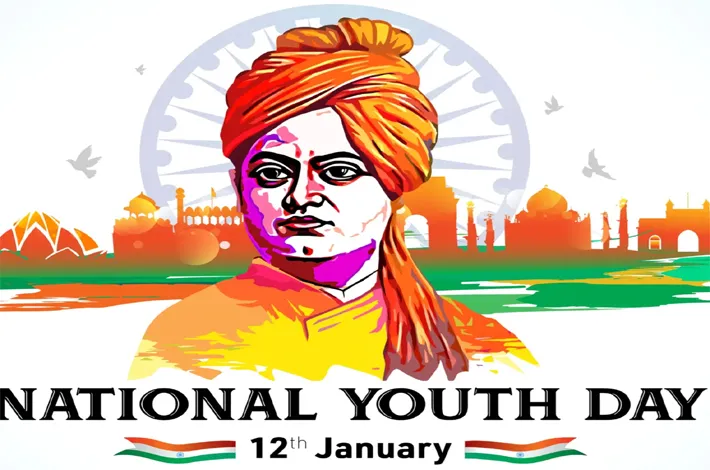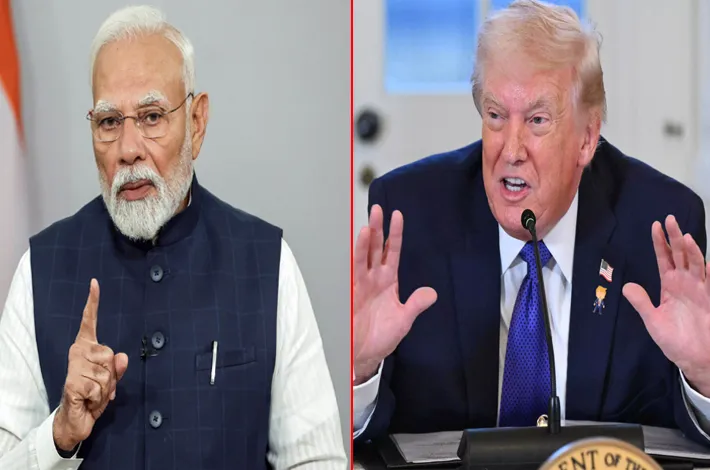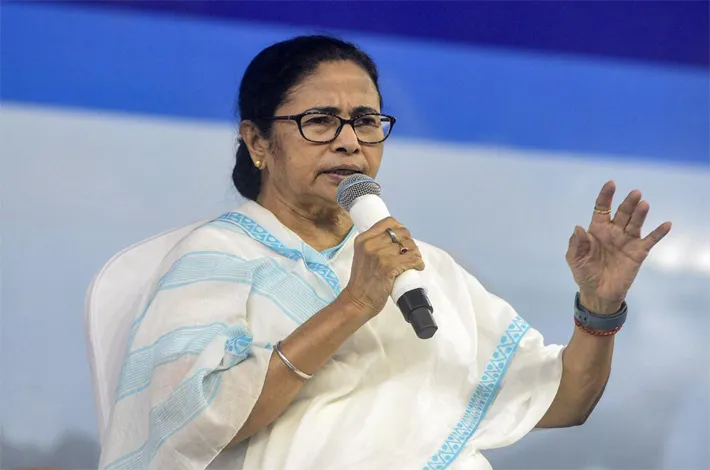The Letter That Changed Everything
11-03-2025 12:00:00 AM

The village, meanwhile, descended into chaos. The sarpanch nominated himself as the “honest soul,” citing his years of service. The priest claimed divine right. The shopkeeper bribed neighbors with free jalebis. Radha watched it unfold with a heavy heart, knowing the money would never reach the school or the clinic it could rebuild. Vikram scribbled notes, his pen flying, but his gaze often drifted to her
In the sleepy village of Sundarpur, nestled between golden fields and a winding river, life moved as slowly as the bullock carts that creaked along its dirt paths. Radha, a soft-spoken woman with eyes like monsoon clouds, worked as the postmistress at the village’s only post office. At twenty-eight, she was considered past her prime by the gossiping aunties, though her quiet grace still turned heads. She spent her days sorting letters, her fingers tracing addresses with a care that bordered on reverence, as if each envelope held a secret she longed to unravel.
One humid afternoon in March 2025, a letter arrived unlike any other. It was thick, sealed with crimson wax, and addressed to "The Most Honest Soul in Sundarpur." No name, no specifics—just a challenge. Inside was a note from an anonymous benefactor promising fifty lakh rupees to the village, but only if its residents could agree on who among them deserved to steward the fortune for the greater good. The letter sparked a frenzy. The sarpanch called a meeting, the chai stall buzzed with theories, and even the cows seemed to chew their cud with suspicion.
Radha, however, cared little for the money. She’d seen enough of Sundarpur’s petty rivalries to know it would tear the village apart. What captivated her was the handwriting—elegant, deliberate, like poetry pressed into paper. She couldn’t explain why, but it stirred something deep within her, a longing she’d buried beneath years of routine.
Enter Vikram, a stranger who arrived the next day on a dusty motorcycle, his leather jacket out of place among the village’s cotton dhotis and sarees. He was a journalist from the city, he said, here to report on the letter’s chaos for a national paper. With sharp cheekbones and a disarming smile, he carried an air of curiosity that made Radha’s heart skip. He lingered at the post office, asking questions about the letter’s origin, but his eyes lingered longer on her.
“You’ve got a steady hand,” he remarked one day, watching her stamp envelopes. “Most people would be trembling with a mystery like this.”
“It’s just a letter,” she replied, though her cheeks warmed. “People make it more than it is.”
Vikram grinned. “Maybe. Or maybe it’s a mirror—shows what’s really inside us.”
Their conversations grew from stolen moments into hours. He’d sit on the post office steps after her shift, sharing stories of the world beyond Sundarpur—cities that glittered, rains that drowned streets, people who chased dreams instead of cattle. She told him of her father, a schoolteacher who’d taught her to read the world through letters, and of the quiet dreams she’d tucked away: to write, to travel, to matter. With every word, an invisible thread wove between them, fragile yet undeniable.
The village, meanwhile, descended into chaos. The sarpanch nominated himself as the “honest soul,” citing his years of service. The priest claimed divine right. The shopkeeper bribed neighbors with free jalebis. Radha watched it unfold with a heavy heart, knowing the money would never reach the school or the clinic it could rebuild. Vikram scribbled notes, his pen flying, but his gaze often drifted to her.
One evening, as the sun dipped below the fields, Vikram found her by the river, her saree fluttering in the breeze. He held a crumpled draft of his article. “I’m leaving tomorrow,” he said. “Story’s done. Sundarpur’s tearing itself apart, and no one’s won the money yet.”
She nodded, swallowing the ache in her throat. “Will you write about us? The fools fighting over a phantom?”
“No,” he said softly. “I’ll write about you. The one honest soul who didn’t care about the prize.”
Her breath caught. “I’m no one special.”
“You’re wrong.” He stepped closer, his voice low. “You see people, Radha. Not their greed, not their masks—just them. That’s rarer than fifty lakhs.”
For a moment, the world shrank to the space between them. Then, impulsively, she reached for his hand. “Stay,” she whispered. “One more day.”
He did. That night, under a sky pricked with stars, they sat by the riverbank, words giving way to silence, silence to a kiss that tasted of chai and courage. It was fleeting, yet it shifted something permanent within her—a realization that love, like honesty, didn’t need a village’s approval to bloom.
The next morning, Vikram was gone, his motorcycle’s roar fading into the dawn. But on her desk lay a note in that same elegant handwriting from the letter: “Keep this safe. It’s yours now. – V.” Beside it was the wax-sealed envelope, unopened, and a smaller note: “I’ll be back. Wait for me.”
Radha’s heart raced. Had Vikram written the original letter? Was he the benefactor, testing Sundarpur—or her? She didn’t know, and for once, she didn’t care to solve the puzzle. She tucked the notes into her blouse, near her heart, and returned to her work. The village squabbled on, oblivious that its truest treasure wasn’t the money, but the woman who’d quietly claimed a love worth more than gold.
Weeks later, a newspaper arrived with Vikram’s byline. The headline read, “Sundarpur’s Lesson: Honesty Isn’t For Sale.” Below it, in fine print, was a dedication: “To R, who taught me what matters.” Radha smiled, tracing the words. She didn’t need fifty lakhs. She’d found her own fortune—one that promised to return, one day, on a dusty motorcycle.








